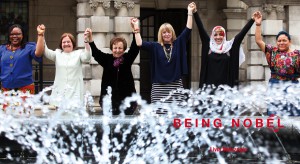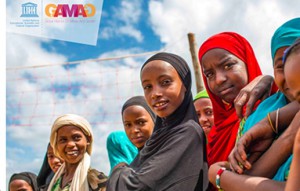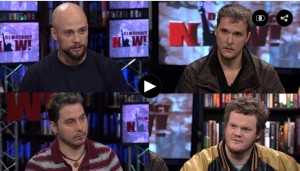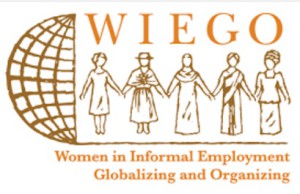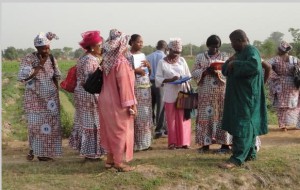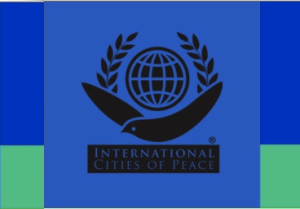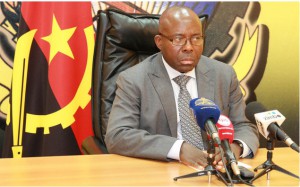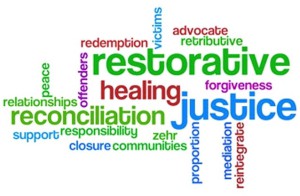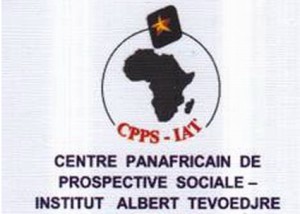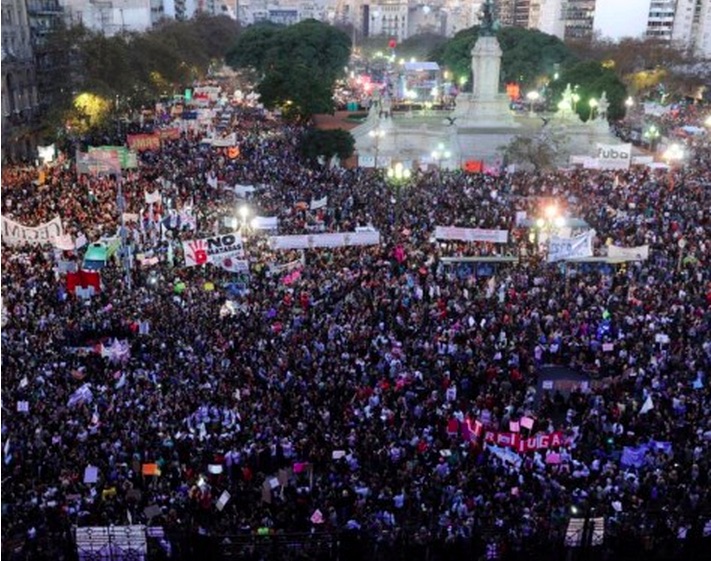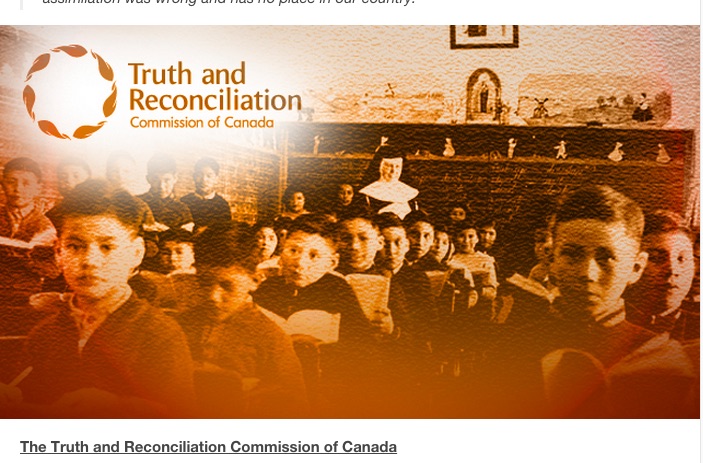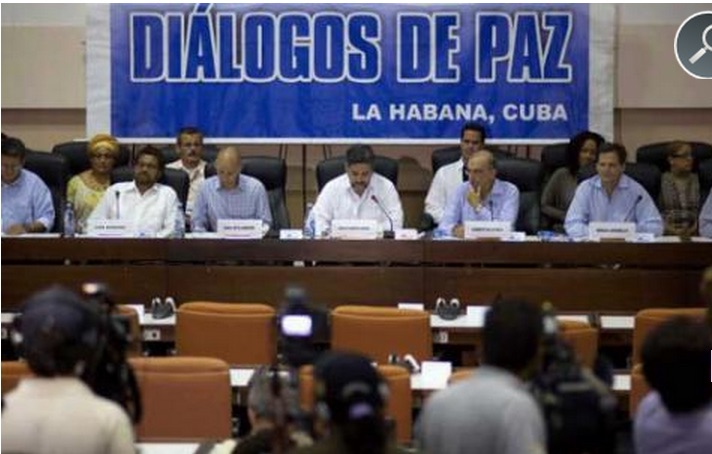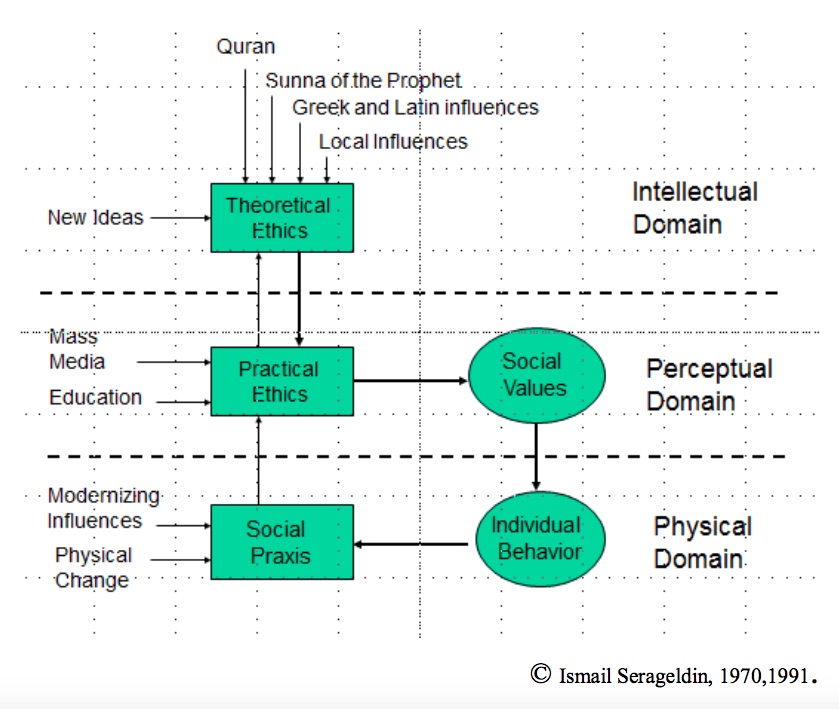Tolerance & Solidarity .
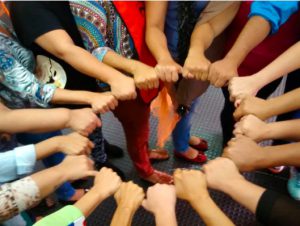
From its beginning, CPNN has devoted special attention to youth initiatives and their support (See CPNN bulletins beginning in 2005, as listed at the bottom of this page).
A proposal to provide funding to youth peace initiatives, The Youth for Culture of Peace Report was mentioned in the high-level report of the Alliance of Civilizations that was presented to the United Nations on 13 November 2006, as its first recommendation for its activities in relation to youth. The report was researched and written by two members of the CPNN corporation, Josephina Lofgren McAuley and David Adams when Federico Mayor was the director of the Alliance.
The Global Youth Solidarity Fund formulated by the report is proposed in the form of a Global Youth Alliance:
“A Global Youth Alliance should be established as a mechanism through which youth can contribute to the implementation of all of the recommendations set forth in this report (not just those under the ‘youth’ theme).”
“Supported by a Global Youth Solidarity Fund, this initiative could begin with the convening and mobilization of various youth networks and associations to promote dialogue, alliance and a culture of peace. These organizations have already begun working together to organize meetings that would provide the opportunity for young people of diverse backgrounds to set an agenda for action which they can then present to global leaders to win their support and assistance. In addition, a survey has been conducted a survey has been conducted identifying 468 youth organizations from 125 countries that could be engaged as implementing partners.”
The high-level report of the Alliance of Civilizations is available on the Internet at http://www.unaoc.org/repository/HLG_Report.pdf.
The proposal was accepted and became the basis for the Youth Solidarity Fund which is still functioning as of this writing. The February 2021 newsletter of the UNAOC announces that “The call for applications for the ninth edition of UNAOC’s Youth Solidarity Fund recorded its highest submission rate with 1,508 applications from youth-led organizations representing 76 countries! UNAOC is now in the process of selecting a group of organizations that will have a chance to participate in capacity-building workshops provided by its project partner, Search for Common Ground. This new interactive component is introduced to strengthen the project proposals and widen the support provided to the youth organizations that invested their time and efforts in the application process.”
Many of the following CPNN articles have followed its development over the 15 years from 2006 to 2024.
Niger: Amid social challenges, youth advance culture of peace
Cameroon: young African scholars rally to cultivate culture of peace
Ontario youth advance a culture of peace
The Peace Vibe Fest brings youth from 20 communities in Bosnia and Herzegovina
Youth Summit on Peace and Sustainable Future Wraps Up Successful Week in Montpellier, France
Transforming Youth from Violence to Champions of Peace in Uganda
Dialogue Remains Best Key To End Conflicts In Africa – Obasanjo, Ex-President of Nigeria
Nikolai Firjubin, Founder of UNOY Youth Peace Network
PAYNCOP Gabon Trained Youth and Women in Political Leadership in the City of Oyem
Payncop Participates in the Training of Young Weavers of Peace in Gabon, Cameroon And Chad
Sri Lanka: iDove Hybrid Intl Youth Conference promotes inter-religious coexistence and harmony
Colombia: Government plans to provide 100,000 young peace managers with economic benefits
Policy dialogue: PaynCoP Gabon for youth participation
Basel Peace Office announces the nine finalists for the 2023 PACEY Youth Award
The Gambia: WANEP stages youth leaders ‘bantaba’ on peace-building
UNAOC Announces Call for Applications for the 2022 Edition of its Fellowship Programme
Youth at the Luanda Biennale – Pan-African Forum for the Culture of Peace
Exchange between students in France and Mali : An interview
Chad: Ouaddai Youth Debate on Culture of Peace and Civic Engagement
Congo and UNESCO to Cultivate Peace in Youth
Council of Europe: Youth, peace and security today: successes and challenges
Gabon: Youth for the Culture of Peace
Involving the African Youth in the Biennale of Luanda!
Conference on the culture of peace in young people hosted by HEC-CHAD
Pan-African Youth Network for the Culture of Peace: General Assembly
Pan-African Youth Network for the Culture of Peace
United Nations Alliance of Civilizations : Applications now open for the Youth Solidarity Fund
Kalemie, DRC: 200 young Twa and Bantu trained as actors of peace
France: Youth in Normandy Mobilize for Human Rights and the Freedom Prize
Yamoussoukro, Côte d’Ivoire : Young Christian and Muslim leaders take action for peace
Culture of peace: UN calls on Gabon’s youth
Young Liberian Off to Turkey for Global Peace Chain Summit
For colleges in the United States: First Year Connect
United Nations: Nothing less than equality and a seat at the table for youth
PAYNCoP Gabon advocates for the participation and support of youth initiatives at the United Nations
UN committee adopts youth resolution on disarmament and non-proliferation
Chad: Women’s Ministry salutes community peace initiatives
Call for applications: Youth Solidarity Fund
Youth and Peacebuilding: Executive Summary
‘Young people care about peace’: UN Youth Envoy delivers key message to Security Council
IPB Youth Network Conference – Transform! Towards a Culture of Peace – Sept 20-22
PAYNCoP Gabon Identifies Youth Organizations on Culture of Peace
2019 SVNP Annual Conference: Youth and Peacebuilding in Africa
“Youth, Peace and Security: Perspectives for Dialogues in Northeast Asia” Regional Workshop
PAYNCoP Gabon learns about the culture of peace
PAYNCoP Gabon Advocates for Youth Involvement in Peace and Security Issues
Europe: Call for participants – International Youth Camp “Dialogue”
PAYNCOP Gabon Presents its Roadmap to the President of the National Assembly
Panafrican Youth Network for the Culture of Peace Gabon : The work begins
United Nations: Young People Discuss Change at CSW62 Youth Dialogue
March For Our Lives wins International Children’s Peace Prize 2018
Sustainable Peace in West Africa: International Youth Conference Opens on November 15
Mauritania: Creation of the Youth Movement for Employment
Young people: actors for peace and national reconciliation in Mali
Youth Solidarity Fund 2017 Edition: Project Outcomes and Capacity Building Workshop
Government of Italy and UNICEF join efforts to promote positive peace for Libyan youth
Caritas Jordan hosts Youth World Peace Forum
Dominican Republic: Mayor praises successful congress for peace in Southern region
The Gambia: African youth calls for intergenerational bridges
Gambia: La jeunesse africaine appelle à la construction de ponts intergénérationnels
Côte d’Ivoire: Preservation of the peace in Port-Bouët: Communal youth give their recipes
Côte d’Ivoire: Préservation de la paix à Port-Bouët : La jeunesse communale donne ses recettes
Mexico: Colima will host the Meeting of Youth Peace Leaders
2015-16 Recipients of UN Youth Solidarity Fund, Africa and Middle-East
Innovative program for leadership, ethics and culture of peace helps to transform young Brazilians
Costello students take part in UK Peace Jam
Call for Proposals: Grant for Innovation in Conflict Transformation 2013
Call for projects by United Nations Alliance of Civilizations
Dialogue of Civilizations: ‘It’s time for action,’ say the Youth
Dialogue des civilisations : le temps de passer à l’action, selon les jeunes
International Youth Meeting for the Culture of Peace
Rencontre Internationale de Jeune pour la Culture de Paix
Important Peace Iniatives of Alliance of Civilizations
International Youth Forum in Sharm El Sheikh, Egypt
In the City of Santos, Young People from Nine Countries Talk about Peace
Advocating for UPEACE at the UN
Youth for Culture of Peace Report 2006
Youth Take the Lead for the International Day of Peace, October 2017
Youth training in Budapest, November 2012
Youth Team at Santiago de Compostela, January 2011
Youth Team for Final Decade Report on Culture of Peace Decade, January 2010
Second edition of Youth Solidarity Fund, July 2009
First awards of Youth Solidarity Fund, July 2008
Application process for Youth Solidarity Fund, April 2008
Establishment of Global Youth Solidarity Fund, January 2008
Youth Teams in Arab Region, February 2007
Youth Advocacy Team, November 2006
Completion of youth organization survey, September 2006
Launch of survey of youth organizations, July 2006
Continuing work of the Youth Advocacy Team, February 2006
UN General Assembly debate recognizes Youth Advocacy Team, October 2005
